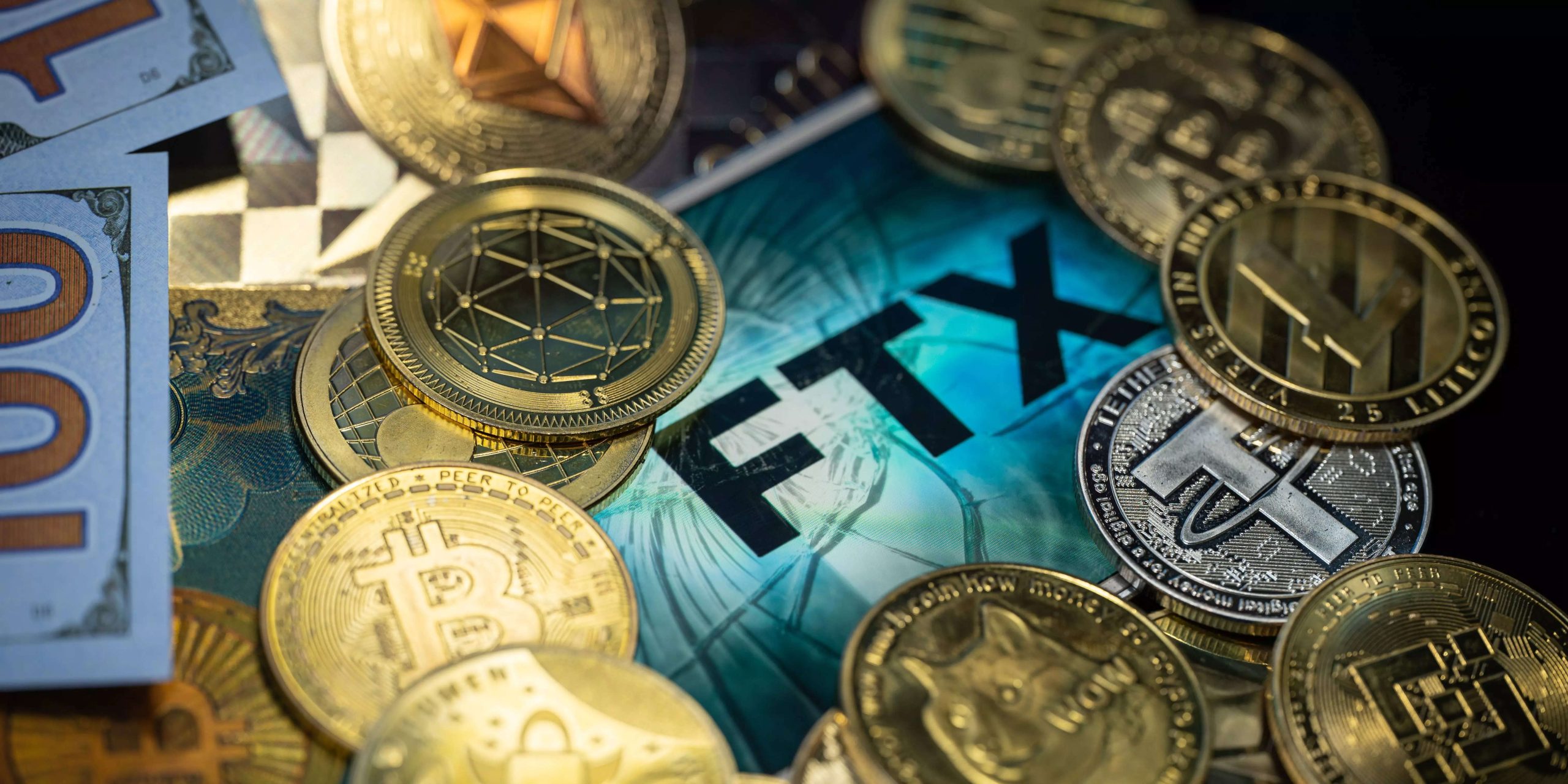The legal teams representing Alameda Research, FTX US, and FTX Trading have filed a case against the Bahamas-based FTX Digital Markets, alleging that the business was a “fraudulent operation” employed as a “shell corporation” to conceal the firm’s ownership.
FTX debtors stated in a March 19 filing with the United States Bankruptcy Court for the District of Delaware that FTX Digital Markets, or FTX DM, as well as the joint provisional liquidators (JPLs), had claimed the Bahamian arm was the “constructive owner” of FTX.com’s fiat and crypto assets as well as other intellectual property.
These “baseless claims” by FTX DM, according to the lawsuit, “would affect FTX.com consumers and all other creditors of the FTX Debtors” while the firm pursues its bankruptcy procedures in the United States.
“The JPLs’ claim to ownership of FTX.com’s property is substantially based on constructive, equitable, and other non-documentary arguments that rely on the incorrect assumption that FTX DM was the hub of the FTX Group.” The complain alleged:
“FTX DM was an economic nullity within the FTX Group. FTX DM was a legal nullity as well. The peculiar history of FTX DM is a classic example of abuse of the corporate form. It was created as a front to facilitate a conspiracy to defraud the Debtors’ customers.”
“This is the farthest thing from the truth.” FTX DM was just a brief supplier of limited “matchmaking” services for customer-to-customer transactions on the cryptocurrency exchange developed, owned, and managed by its immediate corporate parent, Debtor FTX Trading.
As part of their court filing, the debtors asserted in their complaint that FTX DM had an “ownership interest” in the property at the focus of the bankruptcy case. In addition, the legal team noted the criminal and civil allegations against former FTX CEO Sam Bankman-Fried in the United States, stating he had links with Bahamian officials to minimize his “criminal and civil liability should the vast fraud be revealed.”
On November 11, FTX Group filed for bankruptcy in the United States, one day after FTX DM’s assets were frozen and the firm’s registration was stopped by the Securities Commission of The Bahamas.
Afterward, the country’s highest court authorized the nominations of Kevin Cambridge and Peter Greaves of PwC as interim liquidators for the FTX DM case.
In the United States, Bankman-Fried has pleaded not guilty to criminal charges, and civil lawsuits initiated by federal banking authorities have been postponed until after SBF’s October trial.
The former CEO of FTX is now free on a $250 million bail bond, but he has regularly been in court to have the question of bail reconsidered when it was revealed that he utilized encrypted messaging applications and a virtual private network.












